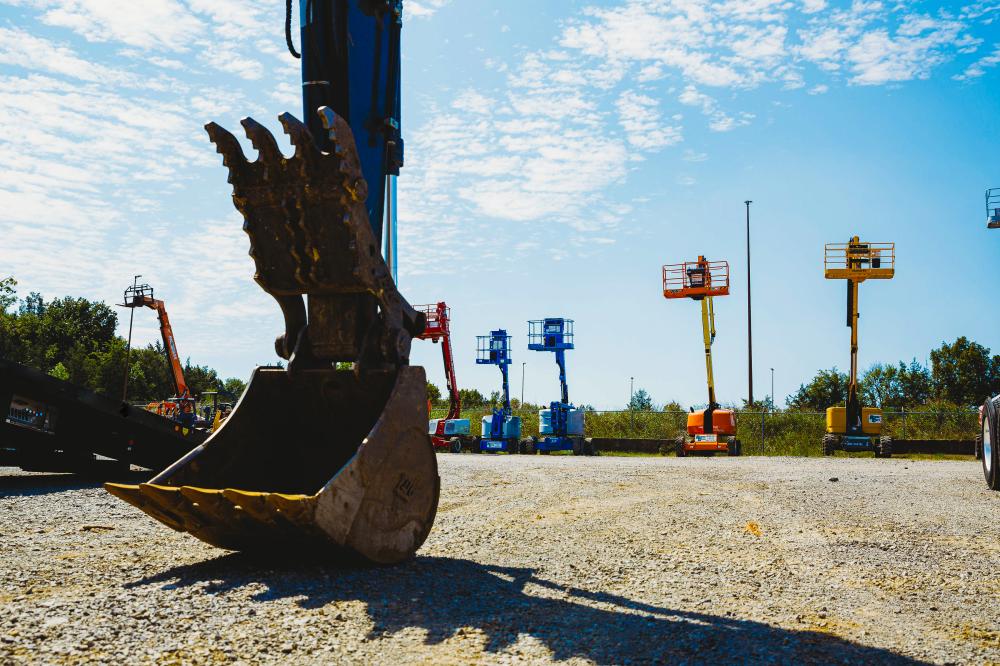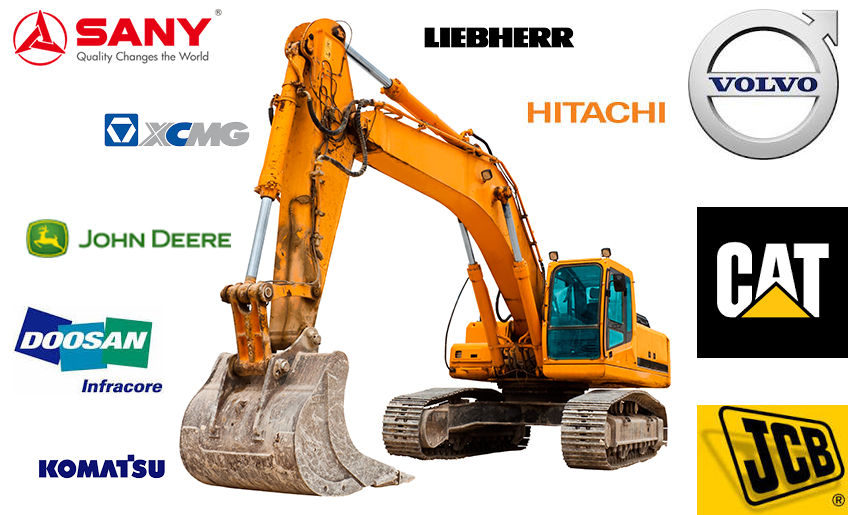Top Equipment Rental Company for Boom Lift Rental and More: Your Go-To for Construction Demands
Top Equipment Rental Company for Boom Lift Rental and More: Your Go-To for Construction Demands
Blog Article
Important Tips for Managing Hefty Devices Rental Agreements and Logistics Successfully
Effectively handling hefty tools rental agreements and logistics is essential for the success of any type of project that counts on these resources. A detailed understanding of rental terms, paired with exact assessment of tools demands, lays the structure for favorable negotiations.
Understand Rental Terms
Recognizing rental terms is essential for effective hefty tools administration. The rental period defines the timeframe for which the tools is leased, influencing budgeting and task timelines.
Furthermore, it is essential to comprehend the upkeep responsibilities outlined in the contract. Typically, rental business preserve the tools, yet comprehending who is in charge of routine checks and repair work is important to stop functional disturbances. Additionally, terms might consist of stipulations worrying obligation for problems or theft, which can have serious monetary ramifications otherwise effectively recognized.

Assess Devices Needs
Assessing tools requirements is an important action for any task manager aiming to maximize source allotment and boost operational efficiency. This process involves an extensive assessment of the job requirements, including specific tasks, timelines, and the type of equipment essential to attain wanted results.
Begin by recognizing the scope of the job and the tasks that will be done. Take into consideration factors such as the terrain, the scale of procedures, and any type of possible difficulties that could affect equipment selection. Engaging with staff member that will run the equipment can supply beneficial understandings into practical needs and choices.

Next, examine the ability and abilities of offered equipment options. It is necessary to match the appropriate tools to the tasks at hand, making certain that it can handle the expected workload without jeopardizing safety or performance.
Furthermore, aspect in the rental period and frequency of use. Understanding these components can help figure out whether leasing or purchasing is the most affordable solution. By carrying out a comprehensive evaluation of equipment needs, job supervisors can make educated choices that bring about enhanced productivity and minimized operational costs.
Negotiate Effectively
Once the devices demands are plainly recognized, the next step entails efficient arrangement with rental firms to safeguard favorable terms. Begin by researching various rental companies to understand their pricing frameworks, inventory accessibility, and online reputation.
When approaching the settlement table, be clear concerning your requirements, including the kind of equipment, rental duration, and any kind of additional solutions you may need. This transparency makes it possible for rental companies to provide tailored services that can fulfill your particular demands (heavy equipment rental). Do not hesitate to request discounts, particularly for lasting leasings or mass orders, as many companies agree to use giving ins to protect bigger contracts
In addition, take into consideration working out terms associated to insurance policy, upkeep, and shipment charges. These variables can dramatically impact the general price and must be explicitly described in the rental agreement. Make certain that all agreed-upon terms are recorded in creating to protect against misunderstandings and shield your rate of interests throughout the rental duration. Efficient negotiation not only causes cost savings but likewise establishes a favorable partnership with the rental company.
Coordinate Transport Logistics
Coordinating transportation logistics is a critical facet of managing heavy devices rental contracts. Efficient transport guarantees that tools is supplied on schedule and in optimal problem, thereby decreasing downtime and enhancing project performance. To accomplish this, it is necessary to develop an extensive logistics plan that details the whole transportation process from pickup to shipment.
Begin by evaluating the particular transport demands based upon the type and size of the devices involved - rental company near me. Engage with dependable transportation companies who focus on heavy tools to ensure they have the essential competence and equipment, such as flatbed vehicles or specialized trailers. Review factors such as weight limits, course restrictions, and needed permits to avoid unexpected hold-ups
Additionally, maintain open communication with both the rental firm and the transport service provider to collaborate routines efficiently. Confirm all details, consisting of pick-up and drop-off times, to make certain every person is aligned and prepared. Establish backup strategies to address any type of potential disturbances, such as adverse weather or website traffic conditions, which may influence the transportation timeline. By thoroughly collaborating transportation logistics, you can promote the stability of your rental arrangement and promote smooth task execution.
Strategy for Upkeep and Assistance

In addition, it is important to connect directly with the rental service provider regarding upkeep responsibilities. Some contracts may include maintenance as part of the rental service, while in other cases, the onus may drop on the renter. Comprehending these terms will certainly aid stay clear of unexpected expenses and liabilities.
In addition, having accessibility to technical support can be indispensable. Guarantee that the rental business uses 24/7 support or an emergency situation get in touch with, enabling speedy resolution of any type of tools issues. Training your team on correct tools use and routine checks can also considerably enhance operational performance.
Final Thought
In final thought, effective monitoring of hefty tools rental contracts and logistics joints on an extensive understanding of rental terms, accurate evaluation of equipment demands, and proficient settlement abilities. Highlighting clear communication with all stakeholders continues to be essential in browsing the intricacies of tools rental and logistics management.
Efficiently handling heavy devices rental contracts and logistics is important for the success of any type of job that counts on these sources. By extensively reviewing and understanding these rental terms, companies can make informed decisions, reduce risks, and ensure that their heavy equipment monitoring aligns with project objectives and economic restraints.Working with transport logistics is a crucial aspect of managing heavy tools rental arrangements.In verdict, reliable monitoring of hefty devices rental arrangements and logistics joints on a comprehensive understanding of rental terms, exact assessment of equipment needs, and adept arrangement skills. Highlighting clear interaction with all stakeholders stays essential in scissor lift rental navigating the intricacies of devices service and logistics administration.
Report this page